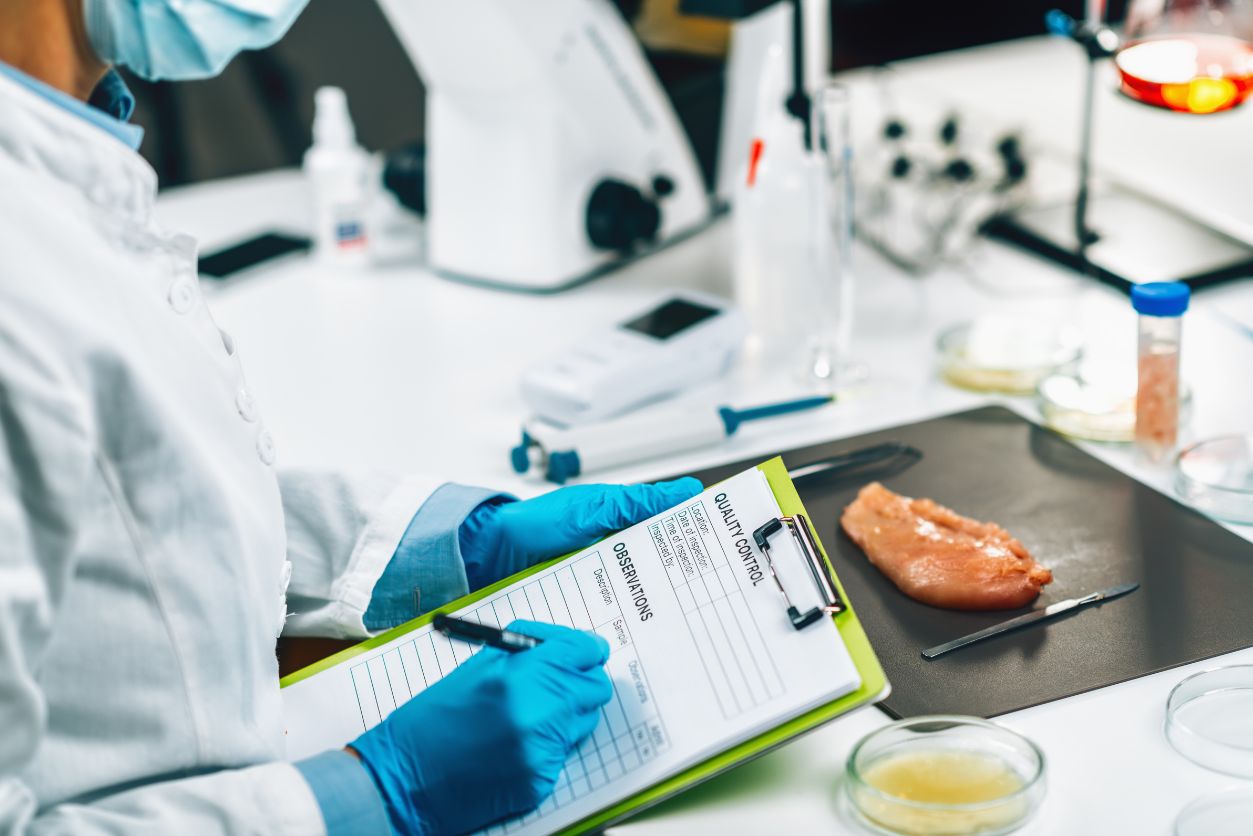Is There Such a Thing as a Certified PCQI?
If you’ve searched for “PCQI certification,” you’re not alone. It’s a common term used across the food industry—but also one that causes confusion. Despite how often it appears in marketing materials or job descriptions, there is no such thing as a formal PCQI certification recognized by the FDA.
According to the Food Safety Preventive Controls Alliance (FSPCA), the organization that developed the standardized PCQI training curriculum:
“The FSPCA Preventive Controls for Human Food course is not a certification course. Participants who successfully complete the course will receive an FSPCA Certificate of Training, but this does not constitute professional certification.”
That distinction is critical for both employers and individuals to understand. Let’s break down what that means—and why it still matters.
What You Receive: A Certificate of Training, Not Certification
When someone completes a qualified PCQI training course—such as the FSPCA curriculum offered by approved lead instructors—they receive a Certificate of Training. This certificate indicates that the participant has:
- Completed the FDA-recognized curriculum
- Gained knowledge in hazard analysis, preventive controls, and FSMA compliance
- Met the training requirement outlined in 21 CFR 117.180(c)(1)
But it does not:
- Grant a license
- Designate professional credentials (like “Certified Food Safety Manager” might)
- Mean the individual is recognized by the FDA as a “certified PCQI”
Important Note: FDA inspections will never ask to see a “PCQI certification.” They will ask to see documentation proving that the individual meets the qualification standard—either through training or equivalent experience.
How Training Supports Compliance—Even Without Certification
While certification isn’t a requirement, structured training still plays a vital role. An official FSPCA PCQI course will:
- Equip participants with an understanding of risk-based preventive controls
- Provide templates and tools to develop a compliant food safety plan
- Prepare individuals to speak confidently during inspections
- Help align facility practices with evolving FDA expectations
Training also serves as a valuable refresher for experienced professionals, especially those transitioning into a regulatory-facing role.
How to Talk About PCQI Credentials Accurately
When referencing a PCQI’s credentials—internally or externally—use language that reflects the regulatory framework. Examples include:
- “Trained in the FSPCA Preventive Controls for Human Food curriculum”
- “Holds a Certificate of Training in FDA-recognized PCQI course”
- “Meets the qualification requirements for PCQI under 21 CFR 117.180(c)(1)”
Avoid terms like “certified PCQI” or “PCQI license,” as these are misleading and technically inaccurate.
Actionable Tip: Update job descriptions, compliance documentation, and marketing materials to reflect the correct terminology. This not only protects your credibility, but also ensures your records align with FDA expectations.
Training Is Valuable—Certification Isn’t Required
In the world of food safety, clarity matters. While PCQI training is essential, especially for consistency and preparedness, there is no such thing as PCQI certification under FDA or FSPCA guidelines.
What matters most is that your PCQI is:
- Properly trained or qualified by experience
- Actively engaged in the food safety program
- Documented clearly in case of FDA inspection
Registrar Corp provides FDA-recognized PCQI training and ongoing compliance support to help food facilities stay prepared, informed, and inspection-ready—without falling into the certification trap








